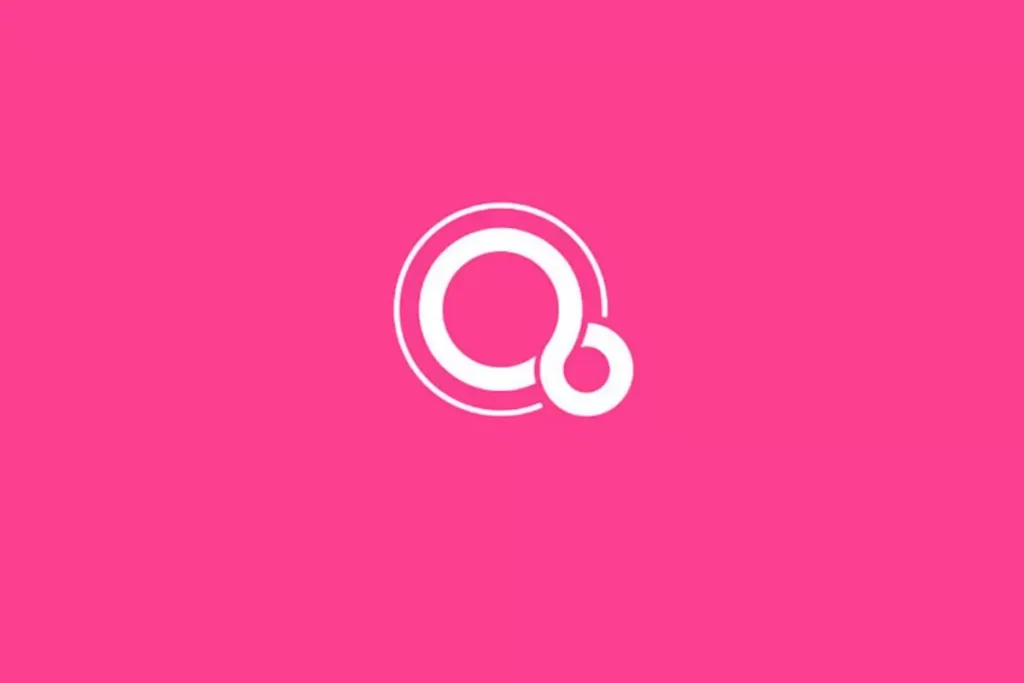Google Continues To Release New Versions Of The Fuchsia Operating System For Some Of Its Products.
The first reports about Google’s Fuchsia operating system were published six years ago. Unlike Android, this platform does not use the Linux kernel and is used in devices like Google’s smart displays. This project was first released for the first generation of Nest Hub, allowing users to get early access to new updates. Sometime later, we saw the release of Fuchsia for Nest Hub Max.
Now, according to FonArena, Fuchsia will be available for the second generation of Nest Hub. Thus the said operating system will become the only platform used in Google’s smart displays. Despite these changes, users cannot distinguish between the new and Cast OS.
The release process of the new Fuchsia update will continue slowly, as this version will only be available to a few users who subscribe to the preview versions. In the next step, Google will publicly release the new operating system version for the second generation of its brilliant display.
Since users may not see a significant difference between the Fuchsia and Cast operating systems, you can refer to the settings section and the Technical Information page to learn about the Nest Hub update. If you see the Fuschia version in this section, your device has been updated to the new operating system.
Google has stopped releasing updates for third-party intelligent displays. Although Fuchsia is very similar to Cast OS, its speed has increased.
According to some reports, Google plans to enable native Android and Linux apps on Fuchsia. The internet search giant also plans to update Nest smart speakers’ Cast OS to Fuchsia. The current models of this product will be upgraded to the new operating system, and the future models will be launched with this platform by default.

